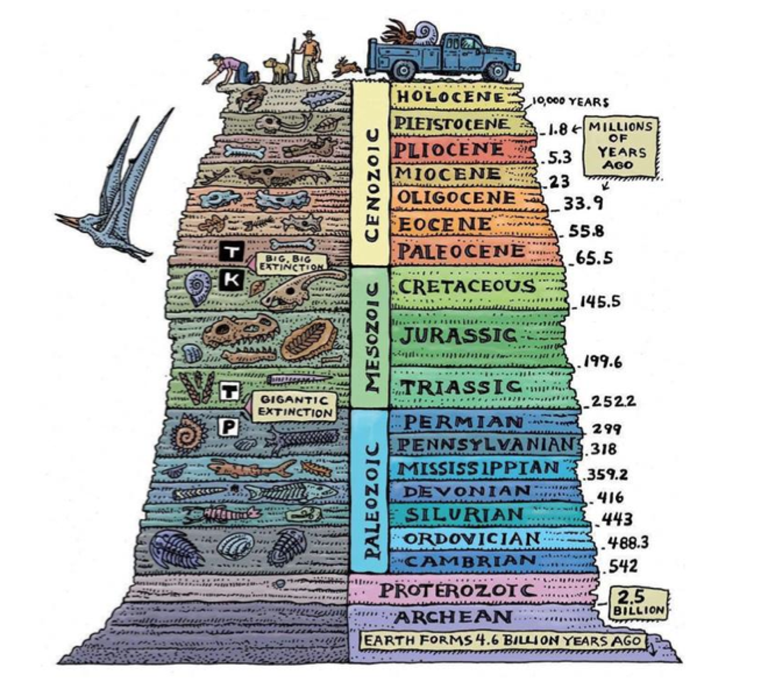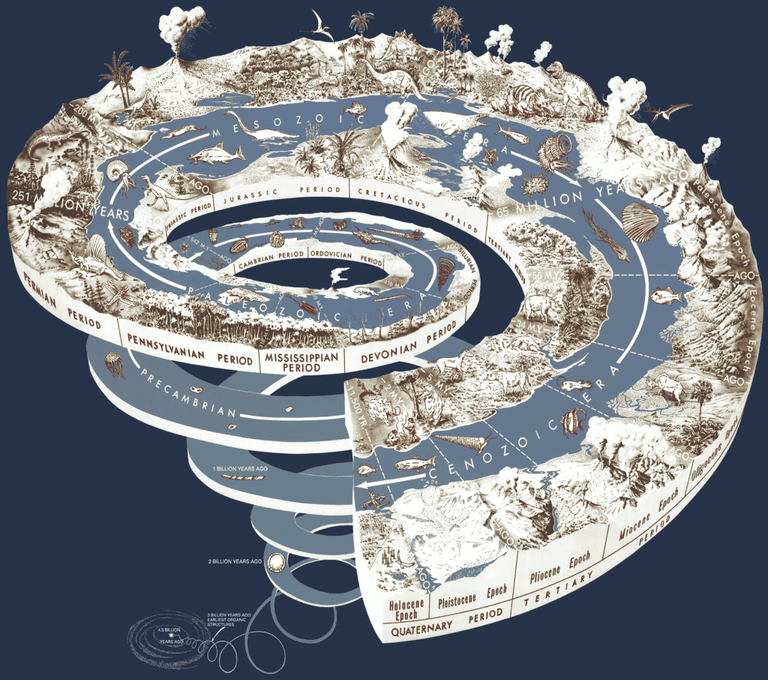
The age of Earth is estimated to be approximately 4.54 billion years, with a margin of error of about 50 million years. This estimation is derived from various forms of radiometric age-dating, particularly through the analysis of meteorite material and Earth's oldest minerals.
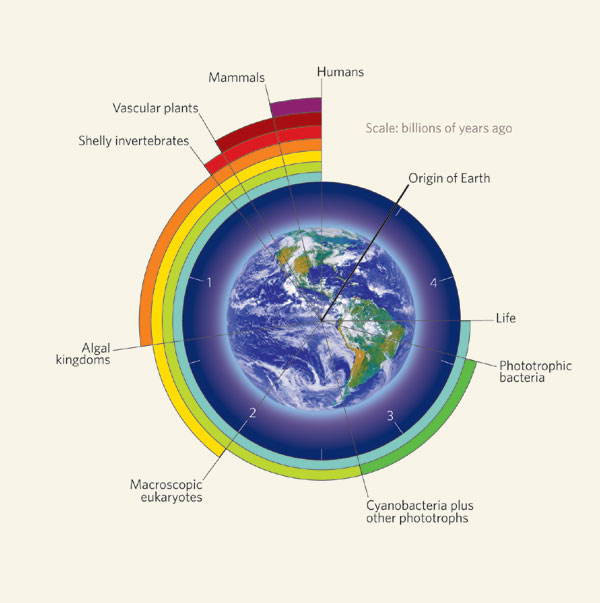
Radiometric Dating and Meteorite Analysis
Radiometric dating measures the decay of radioactive isotopes within minerals to determine their age. Meteorites, which are remnants from the early solar system, have been pivotal in this analysis. Notably, the Canyon Diablo meteorite has been extensively studied, providing an age of approximately 4.55 billion years. This aligns closely with the estimated age of Earth and offers insights into the time frame of planetary formation.
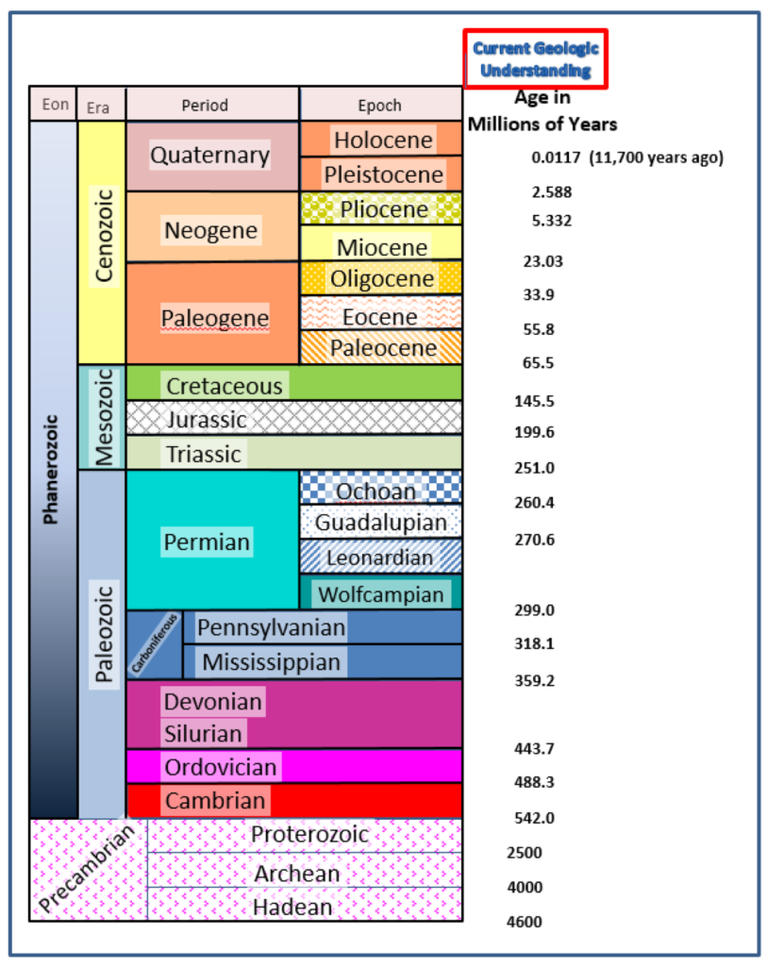
Oldest Terrestrial Minerals
On Earth, the oldest known minerals are tiny zircon crystals found in the Jack Hills of Western Australia. These zircons have been dated to at least 4.404 billion years old, indicating the presence of a solid crust on Earth relatively soon after its formation.
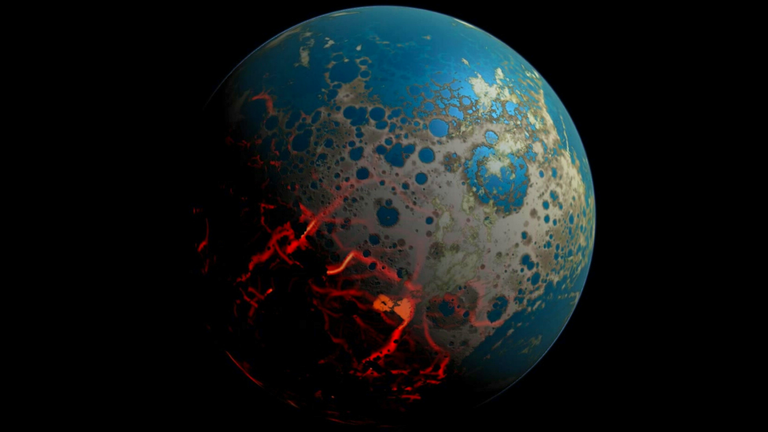
Formation and Differentiation
Following its initial formation, Earth underwent a period of differentiation, where denser materials sank to form the core, and lighter materials formed the mantle and crust. This process played a crucial role in developing Earth's magnetic field and tectonic activity, setting the stage for the planet's geological evolution.
Development of the Atmosphere and Oceans
Volcanic outgassing and the release of gases from Earth's interior contributed to the formation of the early atmosphere and oceans. This primordial atmosphere was vastly different from today's, lacking free oxygen and being rich in gases like methane and ammonia. Over time, these conditions evolved, paving the way for the emergence of life.
Emergence of Life
Life is believed to have originated on Earth around 3.5 to 3.8 billion years ago, with the appearance of simple, single-celled organisms. These early life forms began to influence Earth's atmosphere, particularly through the process of photosynthesis, which gradually increased oxygen levels and led to the development of more complex life forms.
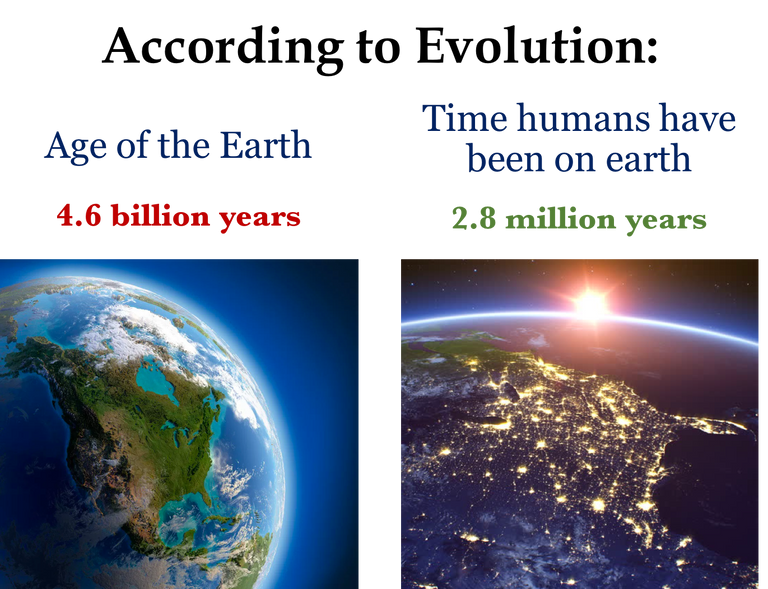
Geological Time Scale
Earth's 4.54-billion-year history is categorized into several eons, eras, periods, and epochs, collectively known as the geological time scale. This framework helps scientists understand the chronological sequence of geological and biological events that have shaped the planet.
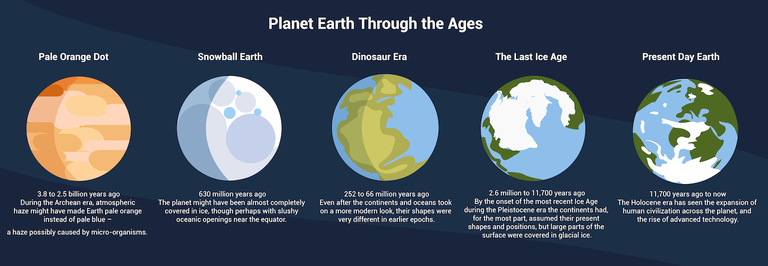
In summary, through meticulous scientific research and analysis, we have come to understand that Earth is approximately 4.54 billion years old. This knowledge not only informs us about our planet's past but also guides our exploration of its future.
